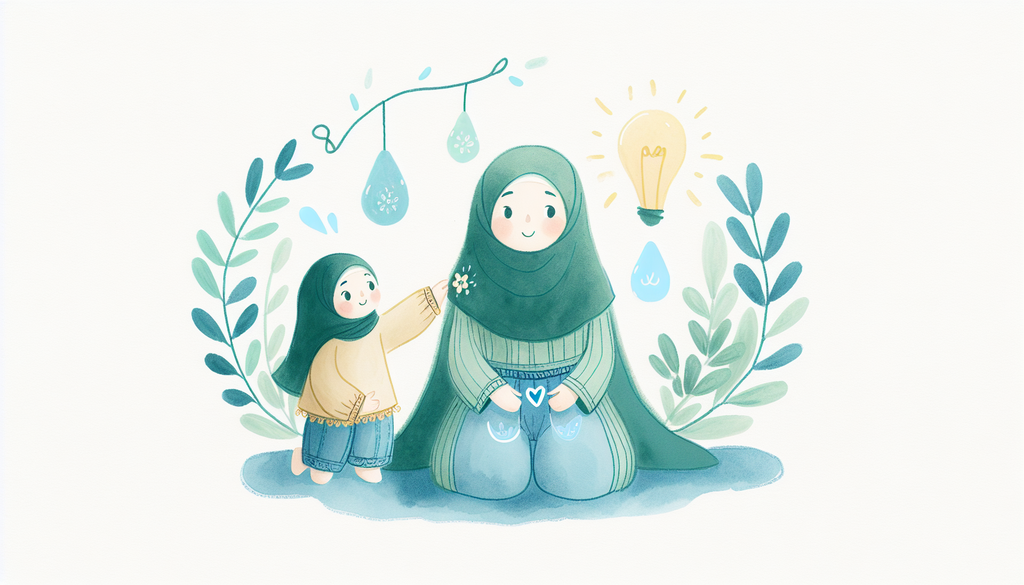Supporting Siblings of Children with Autism

Having a sibling with autism can present unique challenges for other children in the family. The household dynamics can significantly differ from those of peers, leading some siblings to struggle with feelings of isolation, anxiety, or guilt. As a parent, it’s critical to offer the appropriate support, open dialogue, and understanding to help them navigate these often confusing emotions.
Understanding the Challenge.
Autism affects the entire family, and siblings are no exception. Often, siblings may feel overlooked as parents give considerable attention to the child with autism. Other feelings may include resentment, embarrassment around friends, or even guilt about why they don’t have autism. Not all feelings are negative; some siblings develop heightened empathy, patience, and maturity levels at younger ages.
Please start by understanding that these feelings are expected under the circumstances. You can even consider reading up more about navigating neurodiversity and celebrating all kinds of minds within the educational system.
Encourage Open Communication
Open discussions about autism can help clarify to siblings what their brother’s or sister’s condition entails - it’s not just about them acting “weird” or “being annoying.” Providing age-appropriate information on recognizing giftedness in young children and understanding the IEP process can be an excellent starting point.
Allow your child to express their feelings without judgment - both positive and negative. Understanding and validating these feelings can open up avenues of support while strengthening your relationship with your child.
Providing a System of Support
Consider engaging professional support services. Support groups and communities for families of children with special needs, and counselors experienced with sibling issues can provide tremendous help. Schools often offer support systems; engage with them.
As parents, you can also develop your emotional and psychological support strategies. We’ve written previously about promoting positive behavior using reinforcement strategies and cultivating a growth mindset in children. These tactics are not only useful for kids with autism but are also beneficial for their siblings.
Offer Assurances of Unconditional Love
Amidst the flurry of emotion, it can be easy for a sibling to feel unloathed. Continually reaffirm your love for all your children. Show them that your love for their sibling with autism isn’t antithetical to their own – love isn’t a finite resource.
Foster their Personal Development
Children need to grow individually and develop their interests, and siblings of kids with autism are no different. Encouraging them to pursue their hobbies and develop their talents helps them maintain their individuality.
If the siblings show signs of exceptional abilities, encourage these and avoid comparisons. Build bridges between managing the unique traits of gifted children and supporting their sibling with autism. You can also involve them in sensory-friendly activities discussed in our previous posts on creating sensory-friendly learning environments, but always respect their boundaries.
Being a sibling of a child with autism has its ups and downs, but with your support and understanding, it’s possible to move beyond the difficulties and nurture a lasting, fruitful, and loving sibling relationship. For further reading, we recommend this article on how to create targeted and achievable learning objectives for special children.